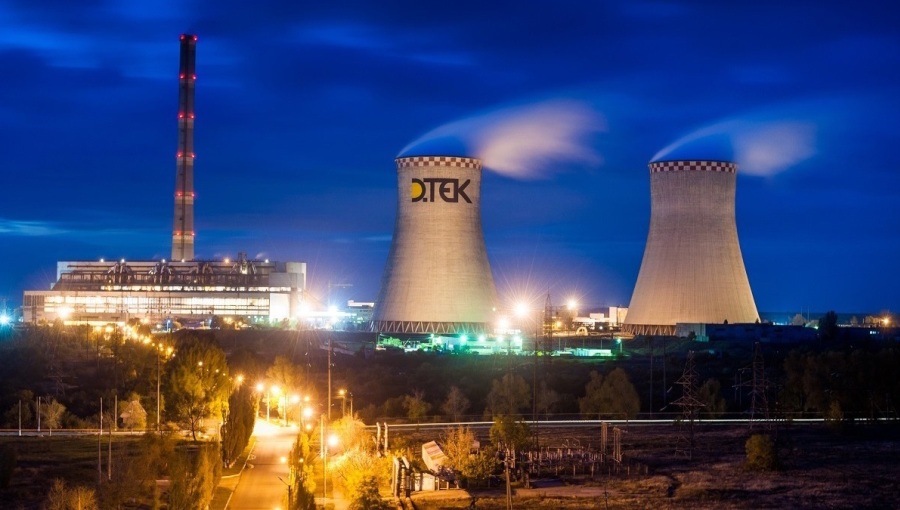Ukraine's DTEK seeks $350mn to restore energy capacity after Russian attacks

Ukraine's leading private energy company, DTEK, has sounded the alarm, indicating an urgent need for $350mn to recuperate lost capacity resulting from Russia's relentless assaults on thermal power plants (TPPs).
Dmytro Sakharuk, DTEK's executive director, underscored the severity of the situation, warning of potential electricity shortages during peak demand periods in the upcoming summer and winter months. The dire predicament stems from the devastation inflicted by recent attacks, which have left the country grappling with the loss of 8 GW of generation capacity.
Throughout March, DTEK's vital energy infrastructure bore the brunt of at least 10 assaults as Russian forces renewed their onslaught. The repercussions have been profound, with an estimated 80% of DTEK's thermal generating capacity sustaining damage or total destruction.
Sakharuk shed light on the precarious conditions faced by DTEK, revealing that while the company operates six power plants, one remains inoperative due to its proximity to the conflict zone and incessant shelling. This strategic facility, crucial for sustaining energy supply, now lies in ruins, its coal supply routes obliterated.
The financial toll of these devastating attacks is staggering, with estimated damages reaching $250mn, alongside an additional $100mn earmarked for repair works. Last year's onslaught inflicted marginally lower losses, prompting DTEK to expend $110mn on recovery efforts.
In light of the pressing need for financial resources, DTEK is exploring avenues to secure funding. Efforts include sourcing critical parts and components from European energy facilities, with ongoing negotiations involving the governments of Germany, Romania, Bulgaria, Greece and Lithuania.


Follow us online